Affordable housing initiatives
Find out how parish and town councils can promote affordable housing initiatives.
The surge in energy prices has resulted in a cost of living crisis in the UK, increasing food costs and triggering various strikes nationwide. As the prices of goods and services inflate, wages struggle to keep up. The resultant decline in real income, accounting for inflation, taxes, and benefits, forces individuals to make difficult choices regarding heating their homes or providing for their families.
Parish and town councils can assist in this challenging landscape by ensuring access to fundamental necessities such as food and safe, warm spaces. Recognising that financial strain can limit social engagement and negatively affect mental health, parish and town councils can actively create opportunities for community participation in social activities.
Click the images below to discover what your parish and town council can do.
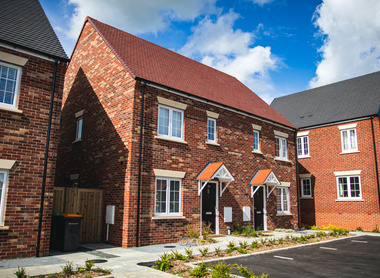
Find out how parish and town councils can promote affordable housing initiatives.
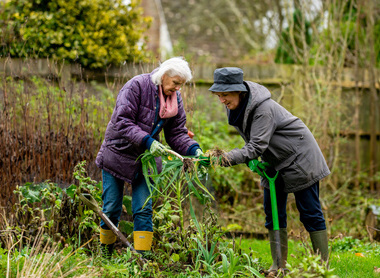
Find out how parish and town councils can support community gardens and allotments.
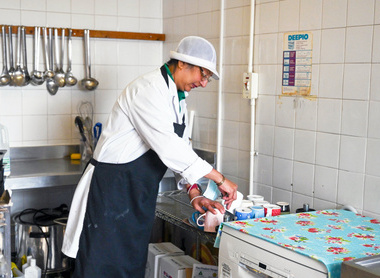
Find out how parish and town councils can establish or support community programs.

Find out how parish and town councils can create local employment opportunities.
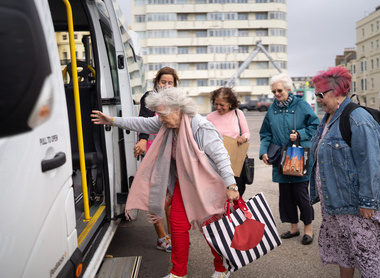
Find out how parish and town councils can work to improve public transport and infrastructure within their communities.
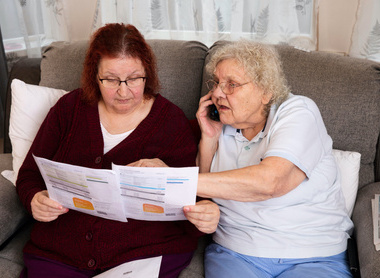
Find out how parish and town councils can promote utilities and energy efficiency within their communities.

Find out how parish and town councils can collaborate with principal authorities to address the cost of living crisis.
Our cost of living case studies showcase successful examples of parish and town councils playing a key role in supporting their communities through the crisis.